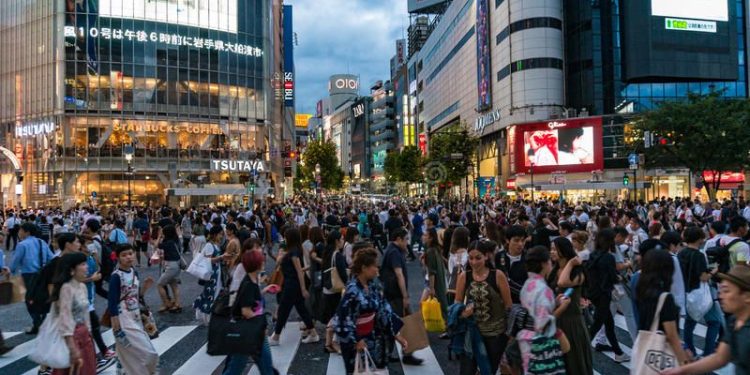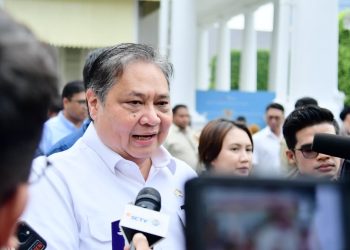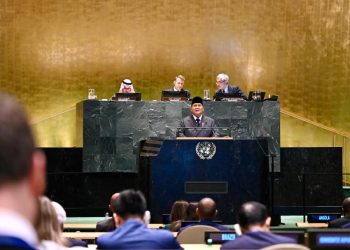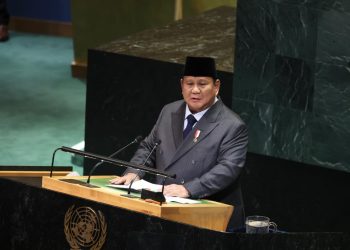Jakarta, Indonesia Sentinel — Japan has launched a new government agency aimed at addressing the growing issue of overtourism, following mounting concerns from residents over the sharp rise in foreign visitors in recent years.
The creation of the agency comes just days ahead of a national election on Sunday (July 20), where immigration and the presence of non-Japanese nationals have emerged as key campaign issues.
The Japanese government said the new body will serve as an interagency “control tower” to coordinate responses to problems linked to foreign visitors, including crime and overcrowding at popular destinations.
Japan has long upheld strict immigration policies in an effort to maintain a largely homogeneous society. However, in recent years, it has gradually loosened those restrictions to counterbalance a shrinking and aging workforce.
The administrative body was established shortly after lawmakers from Prime Minister Shigeru Ishiba’s ruling Liberal Democratic Party (LDP) introduced a proposal in June calling for measures to create “an orderly and harmonious society coexisting with foreign residents.”
Those proposed measures include tighter requirements for foreign nationals seeking Japanese driver’s licenses and restrictions on real estate purchases.
“Crimes and disorderly behavior by some foreigners, along with misuse of administrative systems, have created a situation where residents feel uneasy and deceived,” Prime Minister Ishiba said at the agency’s launch event, as reported by The Independent.
Read Also:
Indonesian Police Uncover Baby Trafficking Ring Selling Infants to Singapore
Japan saw a record-breaking 36 million foreign visitors in 2024, according to official data. The Japan National Tourism Organization estimates over 36.8 million people traveled to the country for business or leisure, surpassing the previous peak of 31.88 million in 2019. Significant increases were noted among tourists from the United States, Europe, South Korea, Taiwan, and Hong Kong.
The influx of foreign nationals, both short-term tourists and long-term residents has become a flashpoint among voters. Recent polls indicate a surge in support for the small populist Sanseito party, which promotes a “Japan First” agenda.
Meanwhile, the ruling LDP and its junior coalition partner Komeito risk losing their upper house majority in the upcoming election, signaling a possible shift in Japan’s immigration and tourism policies.
(Raidi/Agung)


























